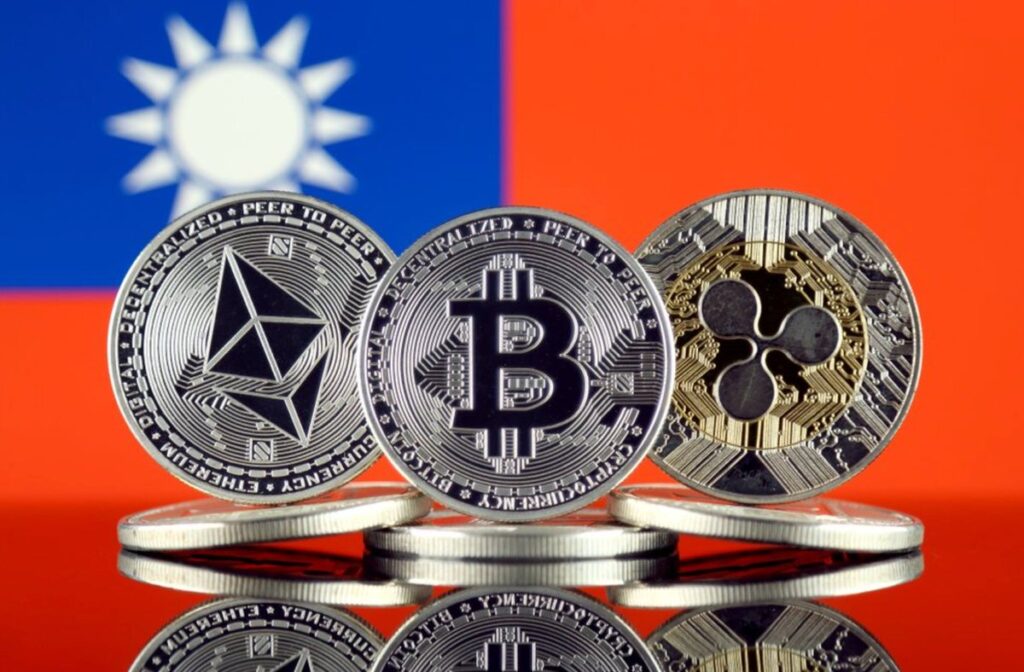Taiwan establishes a government-guided crypto industry association to promote innovation and security through structured regulation.

Taiwan has formally established a cryptocurrency industry association with the assistance of the government. This is a proactive measure to regulate the crypto sector by establishing a structured framework that ensures security and encourages innovation.
The establishment of the association is indicative of the government’s dedication to the development of robust regulations that effectively resolve the distinctive opportunities and challenges that cryptocurrencies present.
Taiwan’s objective is to nurture a responsible digital asset economy and establish itself as a crypto-friendly environment by convening industry stakeholders.
A new self-regulatory association of 24 registered crypto firms has been established by Taiwan’s cryptocurrency industry. The Taiwan Virtual Asset Service Provider Association, which is under the leadership of Titan Cheng, CEO of BitoPro, and Winston Hsiao, CEO of XREX, is dedicated to the creation of guidelines for the classification and management of virtual asset service providers.
In light of the recent fraud case involving 32 individuals from platforms such as Ace Exchange, Taiwan has encountered numerous criminal uprisings in the crypto sector. Consequently, this initiative toward self-regulation is crucial.
The Financial Supervisory Commission thinks that the development of the crypto industry is essential for the growth of Taiwan’s economy. Creating a trustworthy environment that attracts domestic and global virtual asset participants is the primary responsibility of the association, which is to establish self-regulatory rules that balance industry interests with consumer protection.
Taiwan is enforcing crypto regulations to address sector irregularities. New regulations necessitated that crypto firms adhere to anti-money laundering (AML) laws in July 2021.
Nevertheless, the majority of the crypto industry is unregulated, which has led a new crypto association to establish self-regulatory frameworks.
Last month, the government took a firm posture against illicit financial activities by proposing amendments that would require domestic and overseas crypto businesses in Taiwan to register for AML compliance or face a maximum of two years in prison.
In the meantime, the Financial Supervisory Commission (FSC) of Taiwan has been monitoring Bitcoin ETFs throughout April to evaluate public demand and preparedness.
The FSC is on the brink of releasing findings that could potentially allow Taiwanese investors to recommence purchasing Bitcoin ETFs from other countries, indicating a willingness to consider crypto innovations within the confines of appropriate regulatory frameworks.
